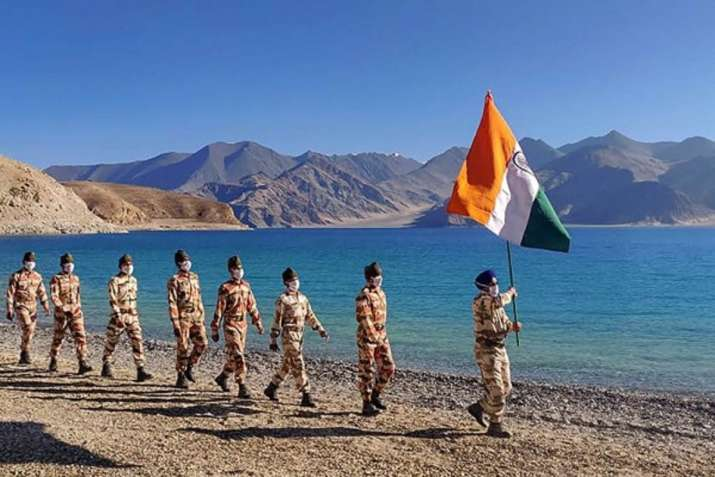Draft of President Kennedy's Letter to Chairman Khrushchev, October 23, 1962
Dear Mr. Chairman:
I have received your letter of October twenty-third. I think you will recognize that the step which started the current chain of events was the action of your Government in secretly furnishing long-range missiles to Cuba. We will be [handwritten "are" inserted] discussing this matter in the Security Council. In the meantime, I am concerned that we both show prudence and do nothing to allow events to make the situation more difficult to control than it already is.
With this in mind I hope you will issue instructions to your ships bound for Cuba not to challenge the quarantine legally established by the Organization of American States this afternoon
Sincerely,
Background: President Kennedy signs the Naval Proclamation 3504, authorizing the Naval Quarantine of Cuba.
Assistant Secretary of State for Inter-American Affairs Edwin Martin seeks a resolution of support from the Organization of American States. Ambassador to the United Nations Adlai Stevenson lays the matter before the U.N. Security Council. The ships of the naval quarantine fleet move into place around Cuba. Soviet submarines threaten the quarantine by moving into the Caribbean area. Soviet freighters bound for Cuba with military supplies stop dead in the water, but the oil tanker Bucharest continues towards Cuba. In the evening Robert Kennedy meets with Ambassador Dobrynin at the Soviet Embassy.
Diplomatic Lessons:
1. Acknowledgment of Received Communication:
- President Kennedy acknowledges receiving Khrushchev's letter, indicating a willingness to engage in a dialogue.
2. Commitment to Dialogue as opposed to Immediate Military Action
3. Issue Identification and Clarity:
- Kennedy clearly identifies the issue at hand, which is the furnishing of offensive weapons to Cuba by the Soviet government. This demonstrates a focus on the specific matter under discussion.
4. Avoidance of Escalation:
- By urging prudence and caution, Kennedy is attempting to avoid further escalation of the crisis. This is crucial as the Cuban Missile Crisis was a moment when the world was on the brink of nuclear conflict.
"In the meantime, I am concerned that we both show prudence and do nothing to allow events to make the situation more difficult to control than it already is."
- Kennedy mentions the intention to discuss the matter in the Security Council, emphasizing a multilateral approach to address the crisis. This aligns with the negotiation principle of involving relevant parties in finding a resolution.
- The reference to discussing the matter in the Security Council and the Organization of American States reflects a reliance on international institutions to address and resolve conflicts, emphasizing the importance of a rules-based approach.
- The letter announces the establishment of a naval quarantine around Cuba. This action is a significant diplomatic and strategic move, demonstrating a resolve to address the threat posed by Soviet missiles in Cuba without immediately resorting to military force.
- The exchange of letters between Kennedy and Khrushchev during the Cuban Missile Crisis is an example of how diplomatic communication, even in written form, can play a crucial role in preventing a full-blown conflict and seeking peaceful resolutions to crises.












